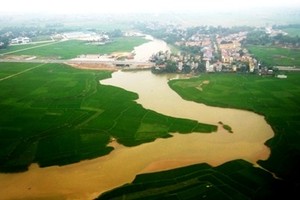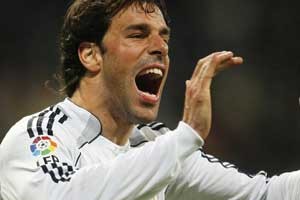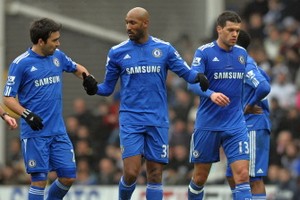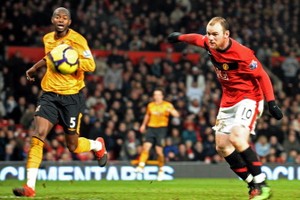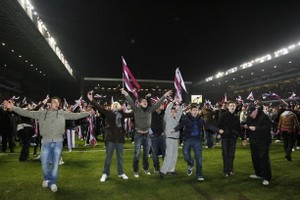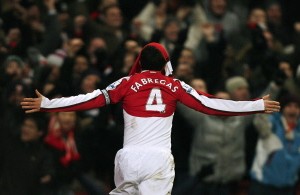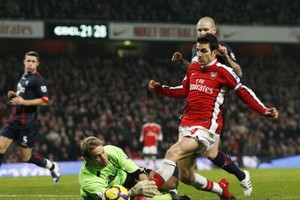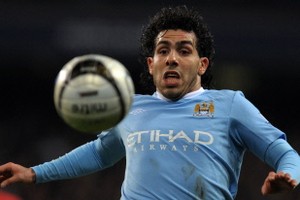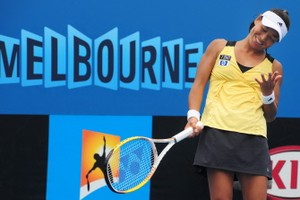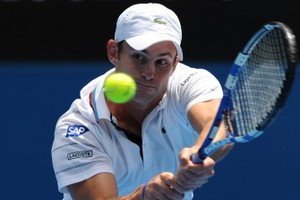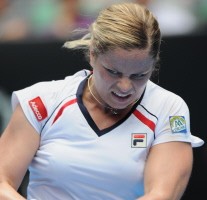LUANDA, Jan 10, 2010 (AFP) - Togo's national football team, still reeling from a rebel attack that killed two of their squad, traveled home Sunday against the players' wishes as the Africa Cup of Nations kicked off in Angola.
President Jose Eduardo dos Santos denounced Friday's attack by separatist rebels in the northern enclave of Cabinda, where the teammates were flying back to Togo with their two slain colleagues.
"We condemn this act of terror, but the competition will continue in Cabinda," Dos Santos said as he opened the tournament. "We are together, may the best man win."
His government and African football officials pleaded to the last second for Togolese authorities to allow the players to fulfill their wish to compete in the tournament to honour their slain colleagues.
"It's very sad. It's hard for Africa and for us. These things are part of life, you have to accept it," Togo captain Emmanuel Adebayor told AFP at the airport in Cabinda.
The team later arrived home in Lome on a special government plane, where it was met at the airport by Prime Minister Gilbert Fossoun Houngbo, members of the government and sports officials, an AFP correspondent reported.
Cabinda is to host seven of the tournament's 22 matches, but with Togo's goalkeeper Kodjovi Obilale still in critical care at a South African hospital, their prime minister ordered the team home.
"We understand the position of the players who want to in some way avenge their dead colleagues, but it would be irresponsible for the Togolese authorities to allow them to continue," Houngbo earlier told reporters in Lome.
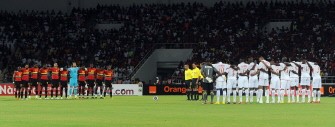
Rebels ambushed the Togo convoy as they drove into the Cabinda enclave from neighbouring Congo-Brazzaville on Friday, leaving players cowering under their seats during a 20-minute gunbattle with security forces.
Goalkeeper Obilale was airlifted to a Johannesburg hospital to undergo surgery to treat gunshot wounds to the lower back and abdomen.
"He is ventilated at the moment, it's still early stages at the moment," a hospital spokeswoman said. "He is in critical condition but he stable."
Separatist rebels threatened to carry out more attacks, saying they had warned Confederation of African Football (CAF) boss Issa Hayatou against holding matches in Cabinda.
"This is going to continue, because the nation is at war, because Hayatou persists," said Rodrigues Mingas, secretary general of the Forces for the Liberation of the State of Cabinda-Military Position (FLEC-PM).
"We wrote two months before the Nations Cup to Mr Issa Hayatou to warn him that we were at war. He did not want to take our warnings into consideration," Mingas told AFP by telephone.
"They were warned, they knew it, and they closed their eyes."
Mingas's faction is one of several groups battling for independence in small but oil-rich Cabinda, a cornerstone of Angola's economic boom, despite a 2006 peace agreement.
Mingas now lives in exile in France, and a French foreign ministry spokesman on Sunday vowed a response to his comments.
South African President Jacob Zuma condemned the shooting as "shocking and unacceptable", but brushed away speculation that the attack could affect his nation's hosting of the World Cup in June.
He "reiterated that South Africa remains 100 percent ready to host the FIFA World Cup, and dismissed speculation that the Angolan incident had any bearing on the World Cup tournament in South Africa," his office said in a statement.
Despite the sombre mood in Cabinda, spirits soared in Luanda, where cars honked and pedestrians blew trumpets to celebrate Angola's opening match against Mali.
However, Mali was able to wipe out a four-goal deficit to draw 4-4 with the hosts.
The tournament was meant as a coming-out party for the oil-rich nation after decades of civil war, and Angola put on a splashy opening ceremony with fireworks, laser lights and traditional dancers enacting scenes from the country's history.
The normally traffic-clogged streets were deserted as Angolans gathered on rooftops and huddled around televisions to watch the game.
